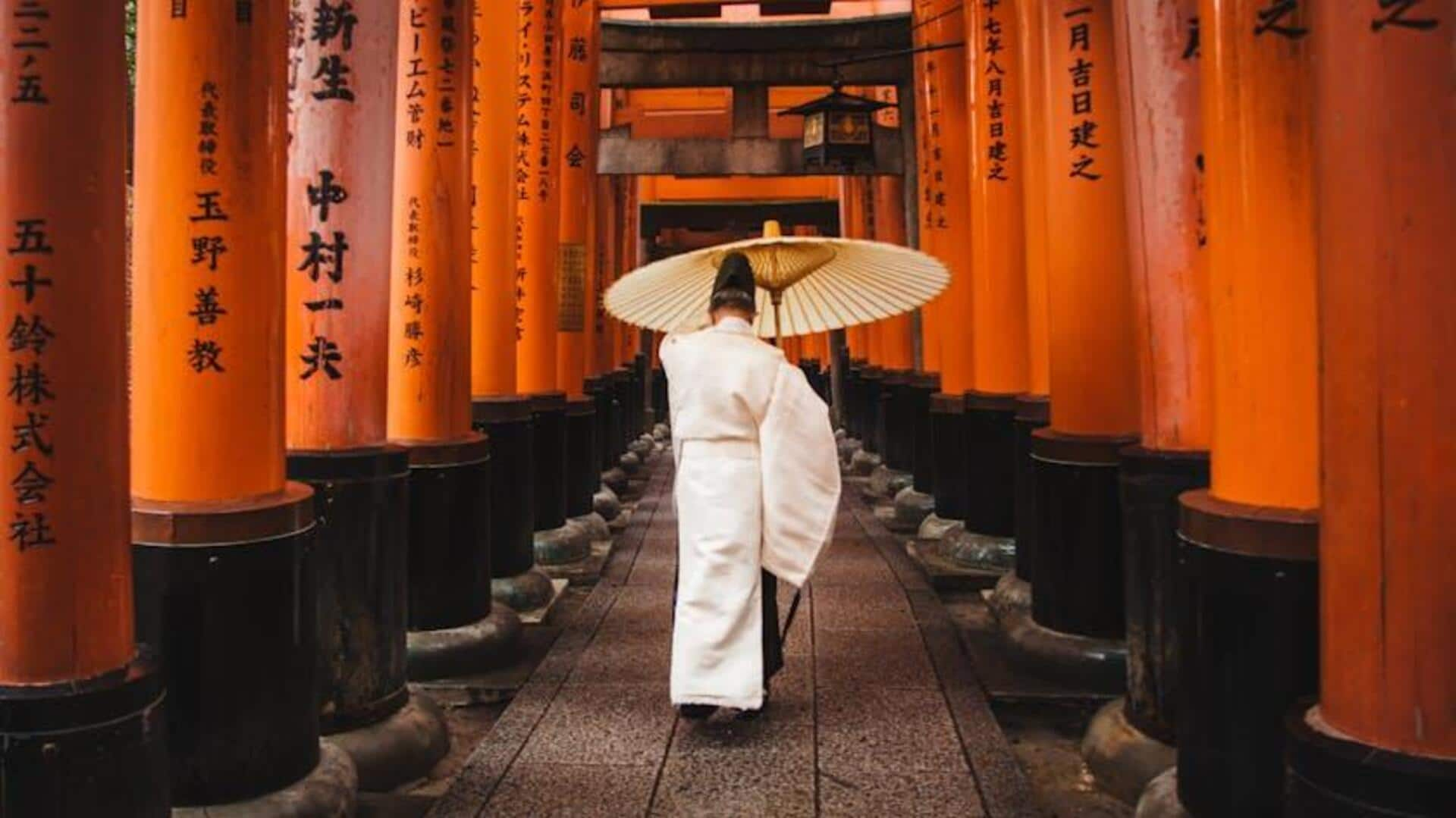
5 Japanese customs that might surprise you
What's the story
Japan is steeped in tradition and culture, with customs that may baffle some outsiders. But knowing these etiquettes can go a long way in making your visit or interaction with Japanese people a pleasant one. Here, we look at five interesting aspects of Japanese cultural etiquette to understand practices rooted deeply in respect and social harmony.
Bowing
The art of bowing
Bowing is an integral part of Japanese etiquette used in several situations including greetings, apologies, and showing gratitude. The depth and duration of the bow can indicate different levels of respect. A casual slight nod is informal, while a deeper bow indicates greater respect or formality. Knowing when and how to bow appropriately is essential to show politeness in Japan.
Gift-giving
Gift-giving traditions
Gift-giving is very important in Japan as a way to show appreciation or goodwill. It is customary to give gifts when visiting someone's home or during special occasions like weddings or business meetings. The presentation matters; the gifts should be wrapped neatly, often with traditional wrapping techniques. It's also polite to modestly refuse the gift once before accepting it graciously.
Shoes indoors
Removing shoes indoors
In Japan, it is customary to remove shoes before entering homes and some establishments such as traditional inns. This tradition keeps indoors clean by not carrying out outdoor dirt inside. Visitors are usually given slippers to wear indoors. These slippers are to be removed when stepping onto tatami mats, respecting the cleanliness and integrity of these traditional Japanese flooring materials.
Public transport silence
Silence on public transport
Staying quiet on public transport is an unwritten rule in Japan. It has to do with respecting everyone's personal space and creating a peaceful environment for all travelers. Conversations are kept low, phone calls avoided, and headphones should be on low volumes if one is listening to music.
Business cards
Business card exchange rituals
Exchanging business cards has a specific ritual in Japan, termed meishi koukan. The cards should be presented with both hands facing the recipient directly. This way they can read it immediately instead of flipping it around themselves later. Treating the received cards respectfully by not writing on them during meetings speaks volumes of your professionalism. This is still widely practiced here.